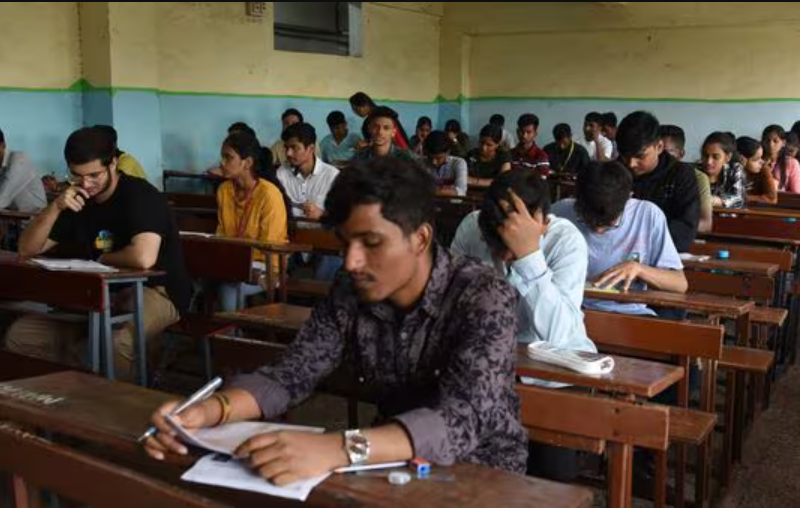In recent years, a growing number of students, professionals, and curious minds have turned to underground learning networks, bypassing traditional educational institutions in favor of alternative forms of education. Informal, decentralized, and technology-driven networks often redefine how knowledge is shared and consumed. While the rise of these learning hubs offers exciting opportunities, it also raises critical questions about the effectiveness and relevance of the current education system. Are these underground learning networks filling a gap left by traditional institutions, or are they a sign that the education system is failing?
What Are Underground Learning Networks?
Underground learning networks refer to non-traditional, often informal, channels through which people acquire knowledge and skills. These networks can range from online forums and social media groups to underground schools and communities that operate outside the reach of formal educational systems. With its vast access to information, the internet has become a breeding ground for these alternative learning hubs, where learners and educators come together to share resources, collaborate on projects, and teach each other in ways that are often more flexible and accessible than conventional schools or universities.
One prominent example of this trend is the rise of online courses, study groups, and learning communities that operate on platforms like Reddit, Discord, and YouTube. These networks allow individuals to gain new skills, from coding to graphic design, often at little or no cost. They are often peer-led, driven by shared interests, and focused on practical, real-world knowledge that traditional educational institutions may not cover.
The Appeal of Underground Learning
The appeal of underground learning networks lies in their flexibility, accessibility, and the democratization of education. Traditional educational systems can often be rigid, expensive, and slow to adapt to new trends. Many students face high tuition fees, outdated curriculums, and lack practical, hands-on learning experiences. In contrast, underground learning networks offer an alternative where individuals can learn at their own pace, access up-to-date information, and choose what topics to explore based on personal interests or career goals.
Moreover, these networks foster a sense of community and collaboration often missing in traditional education. In an underground network, learners are not simply passive recipients of knowledge but active participants who contribute to the group’s learning experience. This model aligns well with the needs of today’s digital age, where collaboration, adaptability, and continuous learning are increasingly important.
Is the System Failing?
The rise of underground learning networks highlights significant shortcomings in traditional education systems. One of the main criticisms of formal education is its inability to keep up with the rapidly changing job market. As industries evolve and new technologies emerge, the skills required for success also change. However, many traditional institutions struggle to adapt their curricula quickly to keep pace with these shifts, leaving students with outdated knowledge and skills.
Furthermore, the high cost of education has made it inaccessible to many individuals. Tuition fees, textbooks, and other associated costs often put a significant financial strain on students and their families, creating educational barriers disproportionately affecting lower-income individuals. Underground learning networks, by contrast, usually operate outside the constraints of money, making education more accessible to a broader demographic.
Moreover, traditional systems often prioritize standardized testing and rigid structures that fail to foster critical thinking, creativity, and real-world problem-solving. On the other hand, underground learning networks tend to emphasize flexibility, personal agency, and collaborative learning, which can be more effective in preparing students for today’s dynamic, unpredictable world.
The Future of Education: A Hybrid Approach?
Despite the allure of underground learning networks, they are not without their challenges. The lack of formal recognition, accreditation, and quality control in these networks can raise concerns about the legitimacy of the knowledge acquired. Without the oversight provided by traditional educational institutions, learners may struggle to verify the accuracy of the information they receive or face difficulty applying their learning in formal professional settings.
As a result, it seems unlikely that underground learning networks will fully replace traditional education. However, they point to a need for reform and innovation within established systems. The future of education may lie in a hybrid model, combining the best elements of both traditional and alternative learning environments. By integrating flexible, accessible, and community-driven approaches with formal educational structures, we could create a more effective, inclusive, and adaptive education system.
Conclusion
The rise of underground learning networks reflects the growing discontent with the limitations of traditional education systems. While these networks offer an alternative to formal education, they highlight the systemic failures that have led to their popularity. As education continues to evolve in the digital age, it will be crucial to rethink how we approach learning, ensuring that systems are flexible, inclusive, and relevant to the needs of learners in an ever-changing world.



